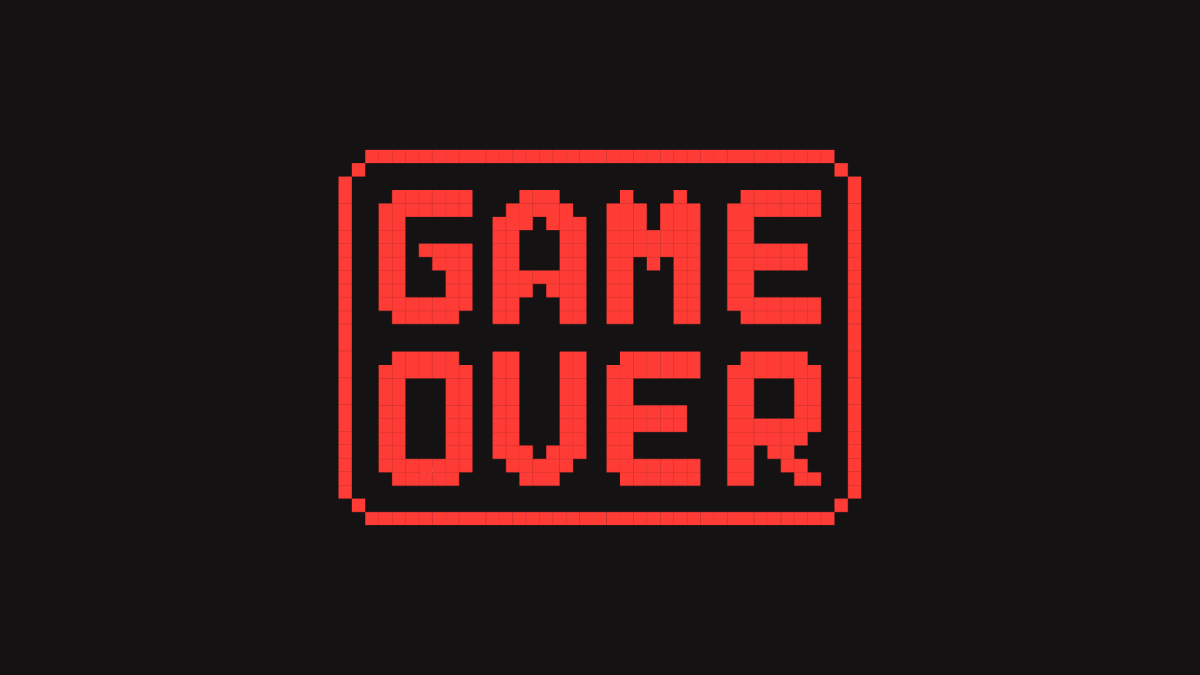With the recent announcement of this year’s nominations for Game of the Year, one in particular may raise some eyebrows.
Elden Ring Shadow of Erdtree.
But – wasn’t Elden Ring nominated for, and won, Game of the Year in 2022? How can it be up for nomination again?
That would be because before this year’s nominations came out, The Game Awards changed their criteria for what can and cannot be a recipient of Game of the Year. Previously, DLC, or extra paid downloadable content, was not a contender for this category.
This year, though, that rule has been changed, giving a DLC of Elden Ring the chance to once again bring a win home for Game of the Year for the same game.
Immediately, it’s obvious that this decision to incorporate DLC into a full-release game competition was a poor one, and was surely done just to secure another win for Elden Ring. However, the effects of this decision in the gaming industry will be catastrophic.
For starters, there is absolutely no reason that a DLC, which relies upon the main game to be functional, will ever be able to stand up in comparison to a full game. However, in this industry, these DLCs will indeed snub beautiful games deserving of a win – especially when pumped out from AAA companies.
If DLCs need to be highlighted, they should showcase them in their own category.
All of that leads us to the root of the problem. If a game can potentially win Game of the Year twice – once for the original game, and again for the DLC – that will only further incentivize companies to push out needless DLC for games.
The existence of DLC itself is already controversial, with some gamers finding it disgusting that companies sell $60 games that are essentially incomplete without another $30 purchase.
The slippery cycle of using DLC to repeatedly bring home shiny trophies for the same game won’t be monitored, and the gamers will be the ones to pay the price – having to shell out more and more of their hard-earned money to companies who just want to stick another award title to the game’s box.
DLC needs to be removed from Game of the Year contenders and placed in a separate category so that the same award cannot be given to essentially the same game multiple times. The industry needs to do what it can to preserve the integrity of gaming and keep the big awards for the big games – not the extra $30 side quests.
Commentary Writer Emma Hardesty can be reached at [email protected].







